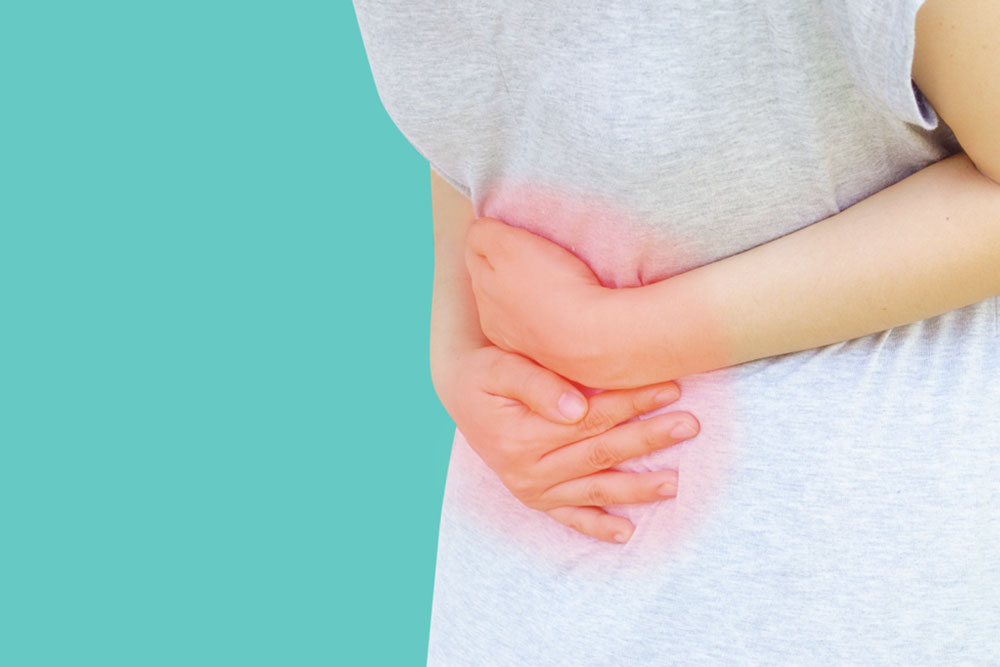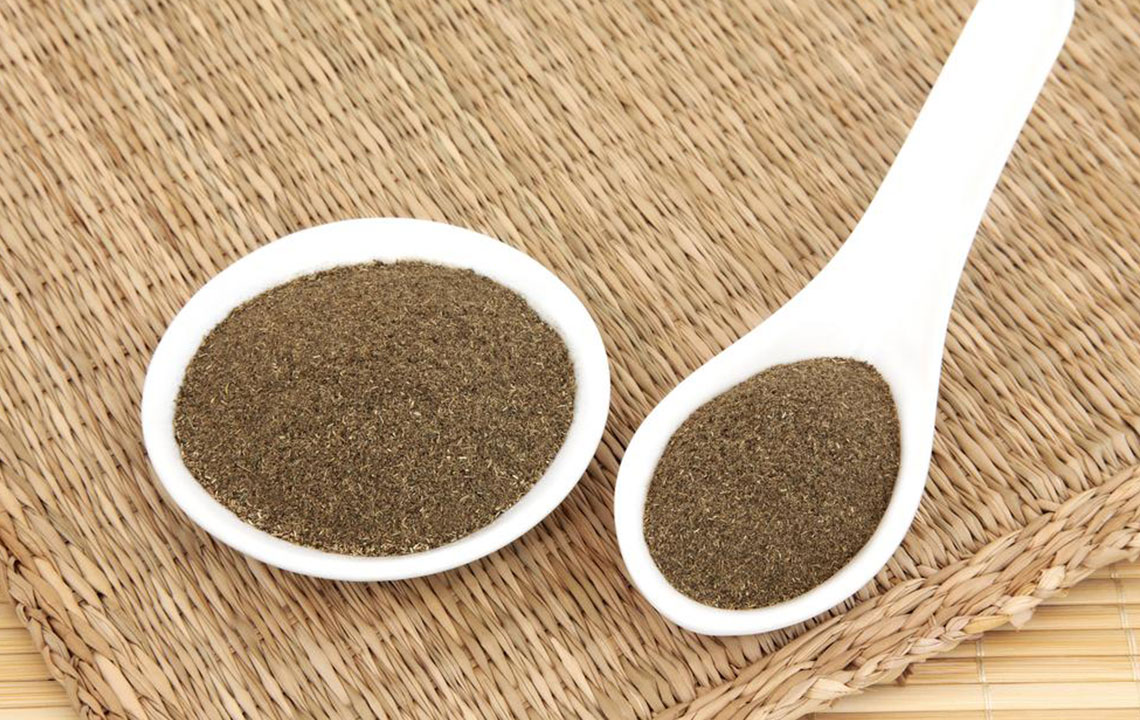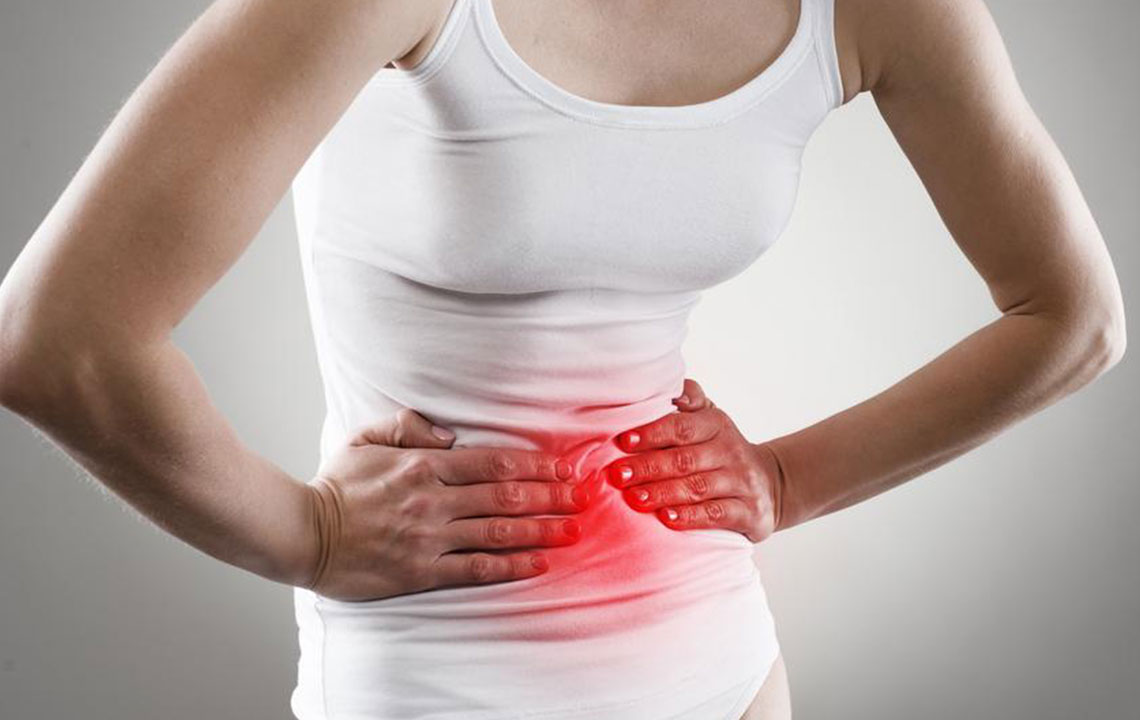Understanding Excess Gas: Causes, Symptoms, and Effective Relief Strategies
Discover the causes, symptoms, and natural remedies for excessive gas and bloating. Learn how foods, habits, and health conditions contribute to digestive discomfort and find effective solutions like ginger, chamomile, peppermint tea, and lemon water for relief. Easy to implement and budget-friendly, these remedies can improve digestive health and reduce embarrassing bloating episodes.
Sponsored

Many individuals experience repeated episodes of excessive gas and bloating, which can vary in severity. Some may notice frequent burping, while others experience significant flatulence. For some, these symptoms are accompanied by a sensation of intense fullness in the stomach and abdomen. Regardless of the specific presentation, everyone encounters these issues at times, and they can be quite uncomfortable. Belching occurs when gas escapes through the mouth, often caused by swallowing excess air during eating, drinking through a straw, or chewing gum.
Flatulence involves releasing gas through the rectum, often resulting from undigested food in the digestive system. When consuming certain sugars, fibers, or starches, the body may struggle to digest them, leading to increased gas production. Bloating occurs when excess gas accumulates, causing discomfort and a feeling of fullness.
What Leads to Excessive Gas and Bloating?
Common causes include:
Consuming trigger foods such as high-sugar, artificial sweeteners like sorbitol, starchy foods, and oily or processed products, which promote gas, bloating, and fullness.
Eating rapidly or swallowing air while eating or drinking can cause belching and flatulence.
Absorbing excess air through habits like chewing gum or drinking with a straw.
Gut bacteria in the colon that produce more gas, particularly in cases of digestive imbalance.
Digestive conditions like irritable bowel syndrome (IBS) or acid reflux disease (GERD) can also be contributing factors.
Bacterial overgrowth in the small intestine.
Lactose intolerance, where the body cannot properly digest dairy sugars, causing increased gas and bloating.
Food poisoning from consuming contaminated food can lead to similar symptoms and requires prompt medical attention.
Stress and anxiety may also trigger excessive gas and abdominal distension.
Signs and Symptoms of Excess Gas and Bloating
A persistent sensation of fullness in the stomach and abdomen.
Frequent urges to pass gas or experience flatulence.
Excessive belching beyond normal, indicating high gas levels.
Abdominal cramps, pain, or a sensation of knots in the stomach.
Urgent need for bowel movements.
Swelling or distension of the abdomen.
Occasional heartburn or acid reflux symptoms.
Simple Remedies for Relieving Excess Gas and Bloating
Ginger: Known for its anti-inflammatory and carminative properties, ginger helps relax intestinal muscles and reduce gas buildup. Drinking ginger tea or boiling fresh ginger in water provides quick relief.
Chamomile Tea: With anti-spasmodic effects, chamomile soothes digestion, relaxes abdominal muscles, and relieves cramps and gas.
Peppermint Tea: Menthol-rich peppermint tea relaxes digestive tract muscles, easing bloating and pain. It also helps manage stress, which can influence digestive health.
Lemon Water: Squeezing half a lemon into warm water boosts stomach acid production, aiding digestion and decreasing gas formation. It also flushes toxins from your system, supporting overall gut health.
Finally, lemon water serves as a detoxifier, helping eliminate food additives or fats that may contribute to digestive discomfort.





